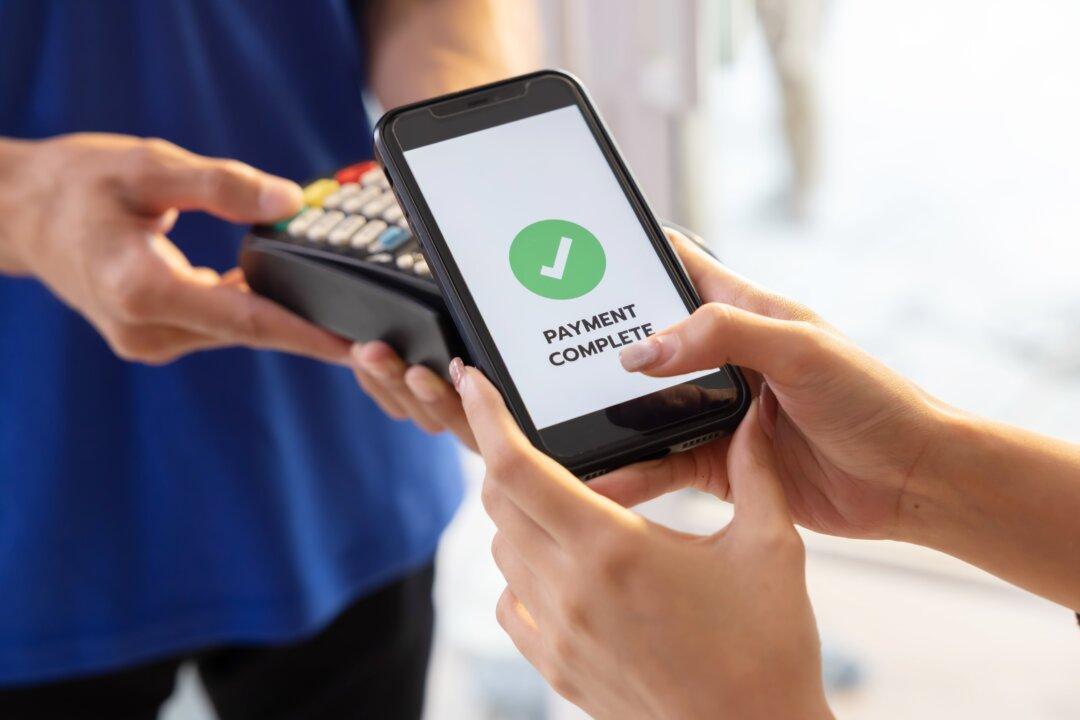Many cash apps make it easy to purchase or transfer money. Their convenience makes them popular, and may offer ways to invest your money with just the touch of a few buttons. The ease of use, unfortunately, may also make it just as easy for someone to steal the money you have in your cash account. Although the apps generally keep your money safe, that is not always the case.
Advantages of Using Cash App
Cash App is currently the most popular because it offers several convenient features. Transferring money to someone else’s account is very easy and can be done with just a couple of clicks. It also does not charge when transferring money from your Cash App account, giving it an advantage over most other money-processing apps.It also enables users to put money in their bank and invest. You can invest in stocks and exchange-traded funds (ETFs) with just $1. There are no commission fees.






